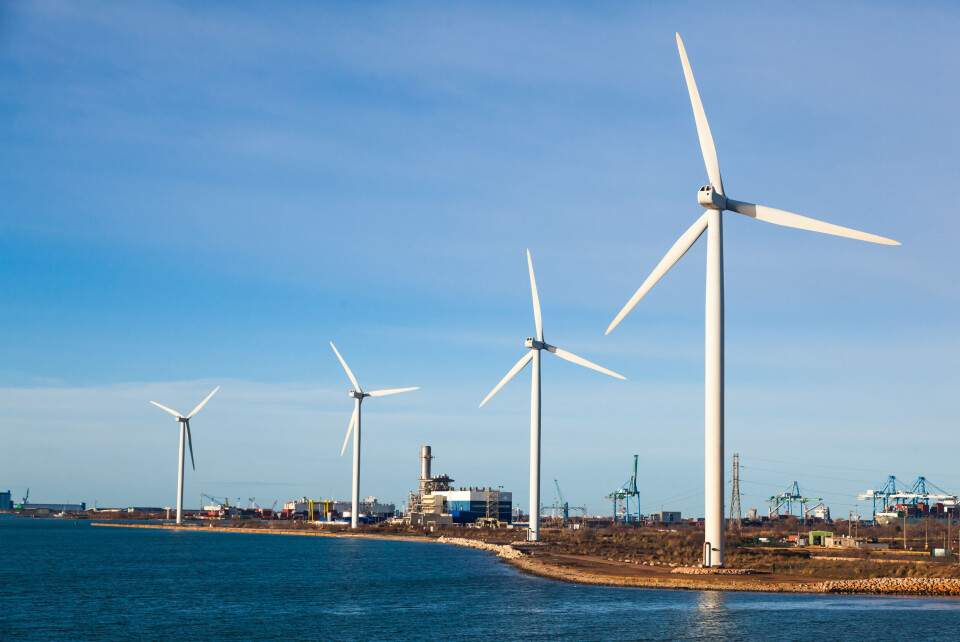-
Grand crème, café crème, au lait: how to order coffee in France?
We explain the subtle distinctions between the various terms used in cafés
-
French windfarm paused after 300 protected birds killed by blades
Plus how many windfarms are there in France?
-
Electricity bills in France: move to change peak / off-peak hours system
The aim is to make better use of renewable energy sources
Are there tax benefits to renewable electricity contracts in France?
‘Green’ electricity deals are increasingly common in France. We look at the practical benefits of switching to a renewable energy contract

Reader question: We want to support renewable energies and are thinking of taking out a ‘green’ electricity contract. Are there any additional benefits to this, tax or otherwise?
In response to the energy crisis, France wants to step up its production of renewable energy to reduce its dependence on imports, which represent two-thirds of energy consumption at present.
In the context of climate change, there is also a desire more generally from consumers to turn towards renewable sources.
Read more: France plans renewable energy boost as inflation threatens projects
As a result, providers such as EDF and TotalEnergies do, therefore, offer what are called vert (green) contracts as alternatives to their regular tariffs, while several alternative suppliers offer ‘green’ deals exclusively.
Note, however, that some alternative providers have advised certain clients to return to EDF’s regulated tariff recently because of rising market prices.
However, while help is available for renovating your home to make it more energy-efficient, there are currently no tax benefits or grants for households switching to a renewable energy contract.
Read more: Solar panels on French property: how to make your own electricity
And while green deals do support the development of renewable energies, there is actually no guarantee for the consumer that this is what they will receive in their home.
This means that taking out a green contract will not, for example, protect you from any potential energy shortages linked to Russia’s invasion of Ukraine.
Energie-Info, the website of the national energy mediator, states: “It is physically impossible to determine the source of electricity delivered to a given client. The same electricity is delivered to all clients attached to the French electricity grid, regardless of supplier or type of offer.”
Instead, clients have a guarantee that a quantity of renewable energy equivalent to their consumption has been injected into the grid at the European level.
It is possible for providers to use a supply of energy from mostly non-renewable sources and at the same time purchase garanties d’origine certificates which show an equivalent amount of renewable energy has been produced from producers elsewhere in Europe – for example, in Scandinavia, where certificates are cheap because renewable energy is abundant.
That is why, in 2021, Ademe, an official agency promoting greener lifestyles, launched its label VertVolt, to help consumers identify offers which are truly green.
There are two levels to the label. The first, engagé (committed) or très engagé relating to how the energy production schemes involved are set up.
However, both of them provide a guarantee that the provider buys the equivalent of clients’ consumption in the form of renewable energy actually produced in France.
Related articles
France aims to overcome local discontent in wind farm push
French energy firm to offer up to €120 discount to those who cut usage
Is income from selling home solar panel power taxable in France
























